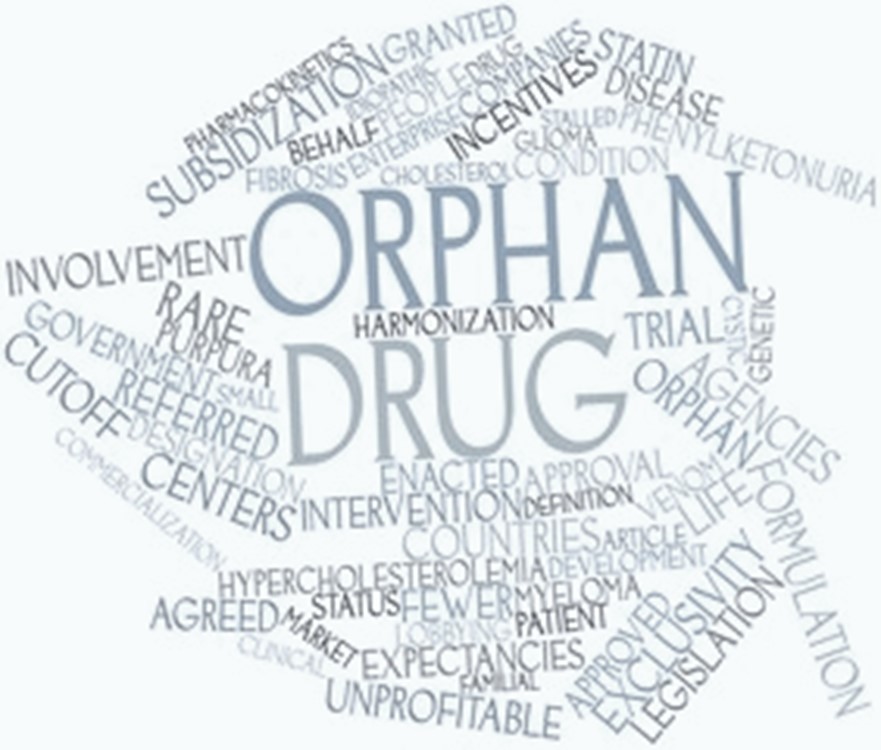
BioArctics Partner Eisai Receives US FDA Fast Track Designation For Lecanemab To Treat Alzheimers Disease
December 28,2021 10:29 AM
- By AdminBioArctic AB's (publ), a Swedish research-based biopharma company, announced that its partner Eisai receives the US Food and Drug Administration (FDA) Fast Track designation for lecanemab, an investigational anti-amyloid beta (Aß) protofibril antibody for the treatment of early Alzheimer's disease (AD).
The FDA granted Breakthrough Therapy designation for lecanemab in June of 2021. Breakthrough Therapy designation and Fast Track designation are two FDA programs that are intended to facilitate and expedite development of new drugs to address unmet medical need in the treatment of a serious or life-threatening condition such as AD and provide opportunities for frequent interactions with the FDA.
In September 2021, Eisai initiated a rolling submission to the FDA of a Biologics License application (BLA) for lecanemab under the accelerated approval pathway. The BLA is primarily based on clinical, biomarker and safety data from the phase 2b clinical study in people with early AD and confirmed amyloid pathology. Non-clinical and clinical parts of the application which consists of three parts (non-clinical, clinical and CMC) have already been submitted. The lecanemab phase 2b study results demonstrated a high degree of Aß plaque lowering and consistent reduction of clinical decline across several clinical endpoints. The correlation between the extent of Aß plaque reduction and effect on clinical endpoints in the phase 2b study further supports Aß as a surrogate endpoint that is reasonably likely to predict clinical benefit.
The lecanemab Clarity AD phase 3 clinical study in early AD is ongoing and completed enrollment in March 2021 with 1,795 patients. The FDA has agreed that Clarity AD can serve as the confirmatory study to verify the clinical benefit of lecanemab. Blinded safety data from Clarity AD is included to support the ongoing rolling submission for accelerated approval. Another phase 3 clinical study, AHEAD 3-45, is evaluating the efficacy of treatment with lecanemab in cognitively normal participants with preclinical AD and elevated amyloid and in participants with early preclinical AD and intermediate amyloid. Additionally, Eisai has initiated a lecanemab subcutaneous dosing phase 1 study.
Lecanemab is an investigational humanized monoclonal antibody for Alzheimer's disease (AD) that is the result of a strategic research alliance between Eisai and BioArctic. Lecanemab selectively binds to, neutralize and eliminate soluble toxic Aß aggregates (protofibrils) that are thought to contribute to the neurodegenerative process in AD. As such, lecanemab may have the potential to have an effect on disease pathology and to slow down the progression of the disease. Eisai obtained the global rights to study, develop, manufacture, and market lecanemab for the treatment of AD pursuant to an agreement concluded with BioArctic in December 2007. In March 2014, Eisai and Biogen entered into a joint development and commercialization agreement for lecanemab. Currently, lecanemab is being studied in a pivotal phase 3 clinical study in symptomatic early AD (Clarity AD), following the outcome of the phase 2b clinical study (Study 201). In July of 2020, the phase 3 clinical study, AHEAD 3-45, for individuals with preclinical (asymptomatic) AD, meaning they are clinically normal and have intermediate or elevated levels of brain amyloid, was initiated. AHEAD 3-45 will evaluate the efficacy of lecanemab in pre-symptomatic individuals and is conducted as a public-private partnership between the Alzheimer’s Clinical Trial Consortium, funded by the National Institute on Aging, the National Institutes of Health and Eisai. DIAN-TU has selected lecanemab as the background anti-amyloid agent to be included in the Tau NexGen study in dominantly inherited Alzheimer’s disease. In June 2021, FDA granted lecanemab Breakthrough Therapy designation and in September 2021, Eisai initiated a rolling submission for the US FDA Biologics license application of lecanemab for early Alzheimer’s disease under the accelerated approval pathway. Eisai expects the rolling submission to be completed during the first half of 2022.
Since 2005, BioArctic has long-term collaboration with Eisai regarding the development and commercialization of drugs for the treatment of Alzheimer’s disease. The most important agreements are the Development and Commercialization Agreement for the lecanemab antibody, which was signed in December 2007, and the Development and Commercialization agreement for the antibody BAN2401 back-up for Alzheimer’s disease, which was signed in May 2015. Eisai is responsible for the clinical development, application for market approval and commercialization of the products for Alzheimer’s disease. BioArctic has no development costs for lecanemab in Alzheimer’s disease and is entitled to payments in connection with regulatory filings, approvals, and sales milestones.
BioArctic AB (publ) is a Swedish research-based biopharma company focusing on disease-modifying treatments and reliable biomarkers and diagnostics for neurodegenerative diseases, such as Alzheimer’s disease and Parkinson’s disease.